Today we will be looking at what foods and drinks to avoid during pregnancy that could potentially harm the fetus. To be on the safe side, the general rule to follow during pregnancy is that if you are unsure about eating or drinking anything rather leave it until you are sure or have spoken to your doctor or gynie. The safest foods for pregnancy are freshly prepared or freshly cooked meals.
What Foods and Drinks to Avoid During Pregnancy
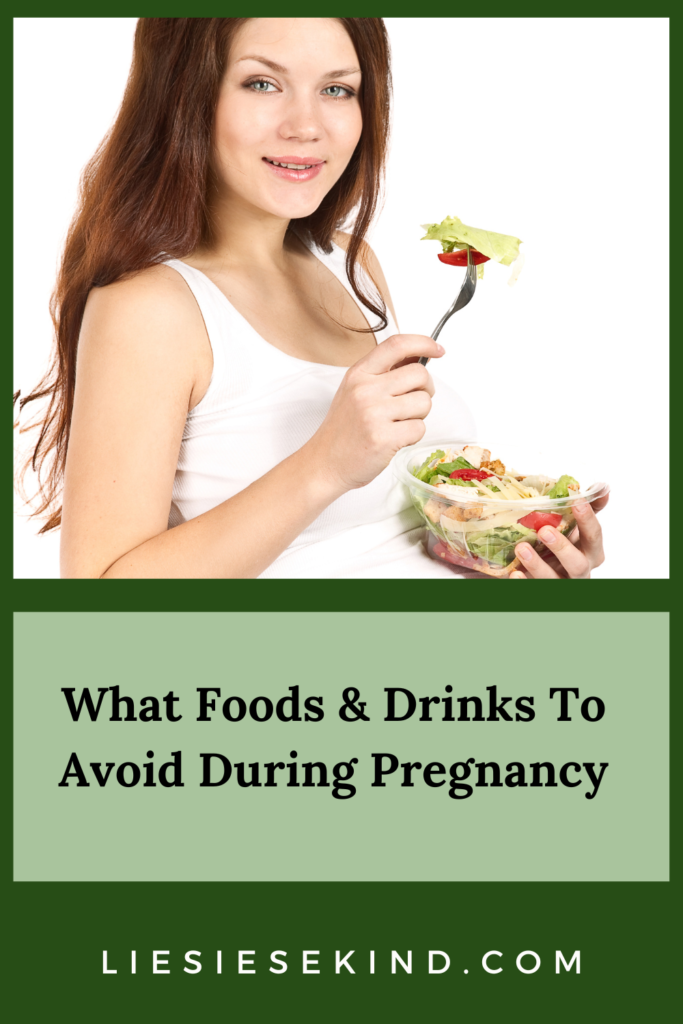
1. Certain Types of Cheese
You should steer clear from mould-ripened soft cheeses like camembert, chevre, brie and other similar ones. Don’t eat soft blue-veined cheeses like gorgonzola or Danish blue cheese. They could contain listeria or bacteria that is harmful to your unborn baby because they are made with mould. Although listeriosis is uncommon, it is essential to take extra precautions during pregnancy even when you’re experiencing a mild form of illness, since it could lead to stillbirth, miscarriage or severe illness in your newborn baby.
You are allowed to eat hard cheeses like stilton, parmesan, or cheddar if they are made with unpasteurised milk. These cheeses contain less water than soft cheeses, therefore they are less prone to bacteria growth. There are other kinds of cheeses that are okay to consume but make sure they are made with pasteurised milk. These include paneer, cottage cheese, haloumi, mozzarella, goat’s cheese, cream cheese, and processed cheeses like cheese spreads.
2. Partially Cooked or Raw Egg
Eggs must be cooked thoroughly and the yolk and white must be solid. This prevents the risk of getting salmonella food poisoning. Steer clear from foods that contain raw or undercooked eggs like homemade mayonnaise, or chocolate mousse. You can use pasteurised liquid eggs. Never use dirty or cracked eggs.
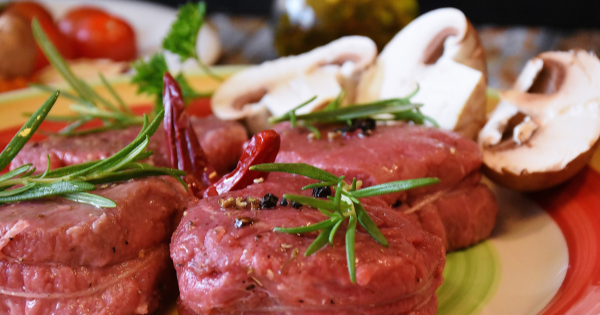
3. Undercooked or Raw Meat
All poultry and meat must be cooked through and steaming hot with not a single trace of blood or pink. Be especially careful when cooking pork, sausages, poultry, and minced meat (including burger patties). Avoid eating rare meat since it could increase the risk of toxoplasmosis which is an infection that is a result of a parasite found in soil, untreated water, cat faeces, and meat. If you are worried that you may be at risk (although cases of toxoplasmosis are not common), speak to your midwife, obstetrician, or doctor since treatment for the infection is available.
Make sure all utensils and surfaces are washed properly after preparing rare meat. Always wash your hands and dry them after handling raw meat. This will be effective in avoiding the spread of harmful bacteria like campylobacter, salmonella, and E.coli that lead to food poisoning.
4. Paté
Steer clear from eating all kinds of paté as they may contain listeria.
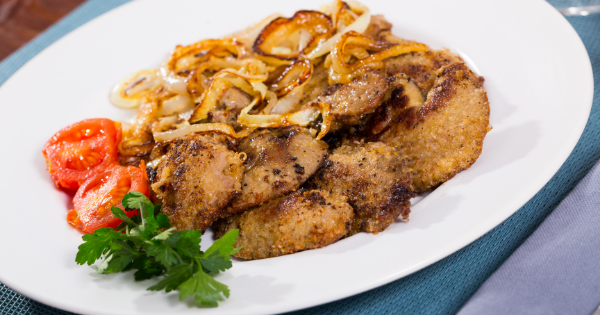
5. Liver Products
Avoid eating liver or liver products like liver sausage or liver paté since they might be rich in vitamin A. Too much vitamin A during pregnancy can harm the baby.
6. Supplements with Vitamin A
Avoid taking high-dose multivitamin supplements, supplements with fish liver or any other supplements that contain vitamin A.
RELATED: Tomato craving during pregnancy
7. Rare Shellfish
Stick to eating cooked shellfish and avoid eating it raw since it might contain harmful viruses and bacteria that can result in food poisoning and it also poses a higher risk of getting listeria.
8. Certain Kinds of Fish
Fish is rich in protein and vita omega-4 fatty acids, so it is good to eat it during pregnancy. However, certain kinds of fish contain higher levels of mercury which negatively impacts the baby’s nervous system. Be sure to limit your fish intake and try to avoid fish like broadbill, swordfish, shark (flake), and marlin entirely.
9. Deli Salads
Salads that are pre-packed and pre-made like vegetable or fruit salads like the one’s found in deli’s, buffets, or salad bars pose a more significant risk of listeria poisoning.
10. Some Veggies and Fruit
Avoid eating rockmelon due to an increased risk of listeria, or bean sprouts since they could contain salmonella.
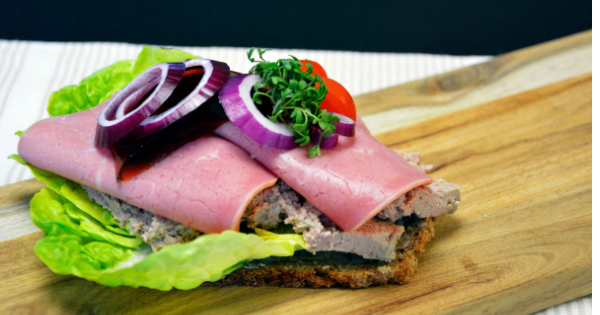
11. Cold Meats That are Cured
Cold cured meats such as parma ham, salami, and pepperoni should be avoided since it poses a small risk of harbouring the toxoplasma parasite or listeria. Try to avoid:
- Cold meats from sandwich bars, delicatessen counters, or packaged ready-to-eat sliced meats.
- Cold chicken ready-to-eat cooked chicken
RELATED: Tomato craving during pregnancy – is it good or bad?
12. Sushi
Don’t eat any chilled seafood like sushi, raw oysters, sashimi, or seafood like prawns that are cooked and then chilled since they have a risk of listeria contamination. The best and safest way to eat sushi during pregnancy includes choosing vegetarian or fully cooked varieties like:
- Cooked seafood like fully cooked shrimp (ebi) or eel (unagi)
- Avocado – for instance California roll
- Veggies – for instance cucumber (kappa) maki
- Egg that is fully cooked
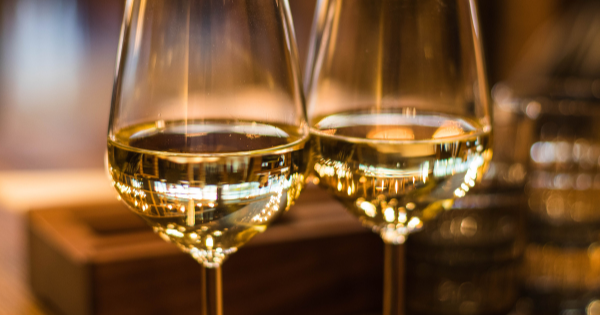
13. Alcohol
No safe level of alcohol exists during pregnancy, whether you are planning to conceive, are currently pregnant, or nursing. The safest option is to avoid alcohol completely to avoid harming your unborn baby.
14. Unpasteurised Milk
Only drink UHT or pasteurised milk, but if your only option is unpasteurised milk, be sure to boil it before drinking. Stay away from sheep’s milk or goat’s milk, or any foods that are made from it. Also avoid soft-serve ice cream during pregnancy since it can pose a higher risk of listeria poisoning.
15. Foods Covered in soil
Be sure to wash salads, fruit, and vegetables thoroughly and get rid of all traces of dirt or soil during preparation.
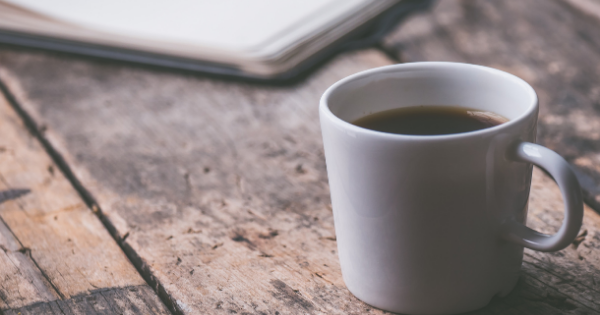
16. Caffeine
A high intake of caffeine can intensify the risk of low birth weight, miscarriage, or a difficult birth. Caffeine is found in tea, chocolate, coffee, certain cold and flu medicines, and cigarettes. Speak to a healthcare professional before taking any remedies. There’s no need to avoid caffeine entirely, but stick to no more than 200mg per day. The estimated amounts of caffeine found in the following drinks and foods are:
- One cup of instant coffee – 60mg
- 375g Can of Coca Cola – 49mg
- Espresso coffee (one shot) – 100mg
- One cup of filter coffee – 80mg
- One cup of tea – 30mg
- A 100g bar of chocolate – 20mg
If you occasionally have a higher intake of 200mg, the risk is small. But it helps to cut down on caffeine during pregnancy and stick to decaffeinated coffees and teas, mineral waters, and fruit juice instead of regular cola, tea, and coffee.
17. Energy Drinks
Energy drinks should be avoided altogether when you are pregnant due to their high caffeine levels and other ingredients that may be harmful to the baby.
15. Allergies and Peanuts
If you would like to consume peanuts or peanut butter, try to incorporate them as part of a balanced diet during pregnancy, unless your doctor says otherwise, or you may be allergic. Try to avoid any foods that are particularly allergenic during breastfeeding and pregnancy just to be on the safe side. It could help with prevention of allergies in your unborn baby.
Conclusion
Now that you know what foods and drink to avoid during pregnancy, you can enjoy some peace of mind that you are doing anything possible to protect your unborn baby and do what is best for him or her. Congratulations on your pregnancy and enjoy every minute. It is amazing how quickly those nine months go by. Soon you will be meeting the new addition to your family.
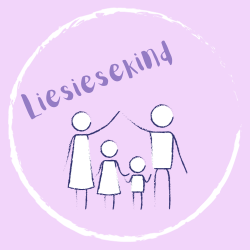

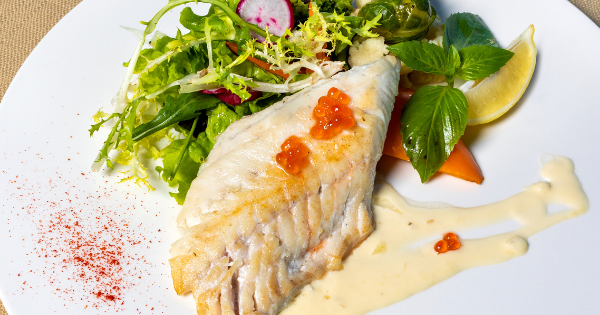
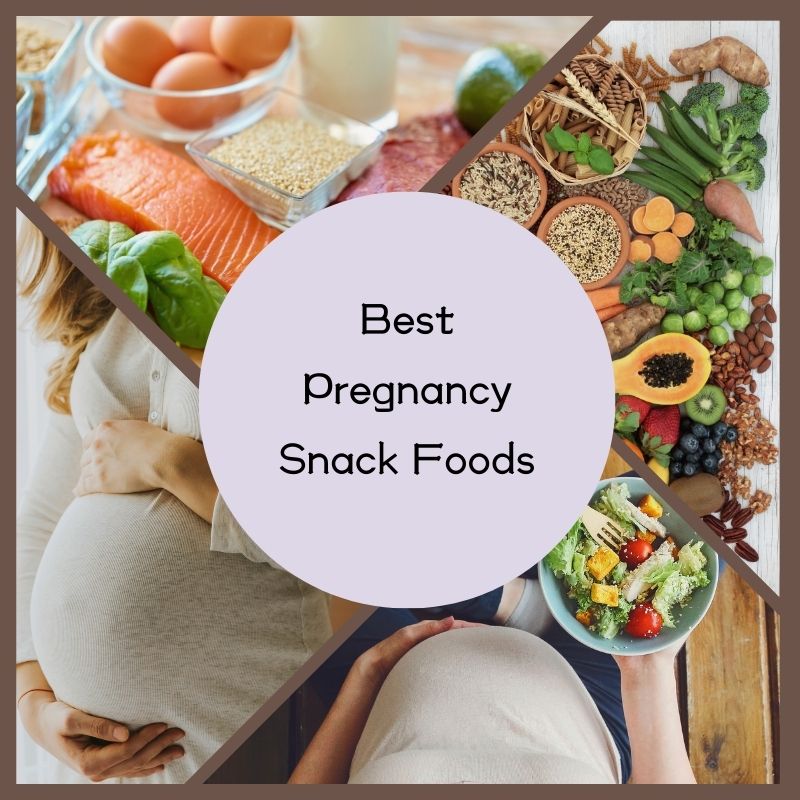

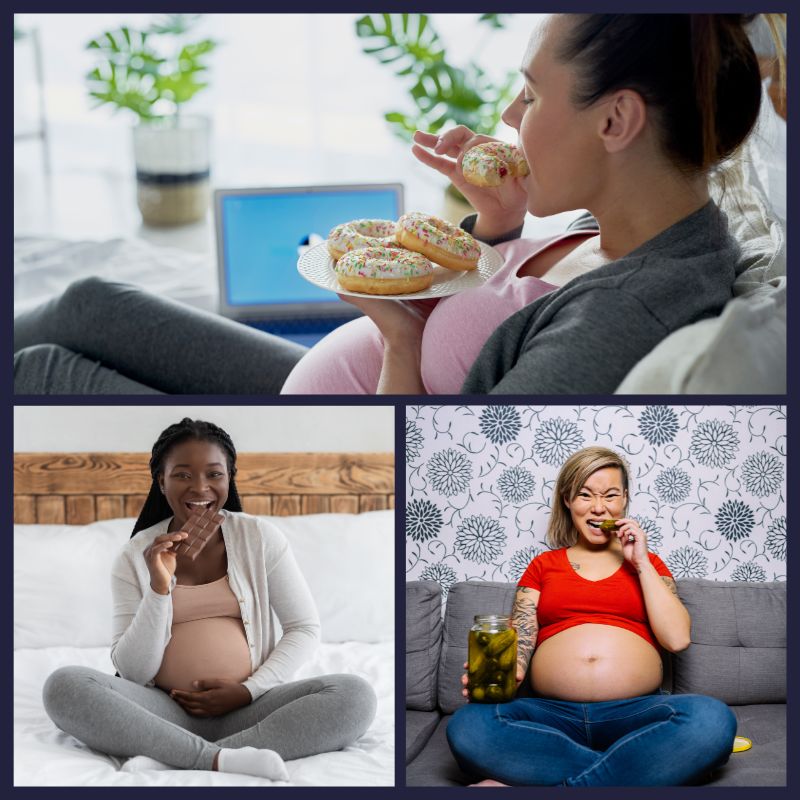
Be the first to reply